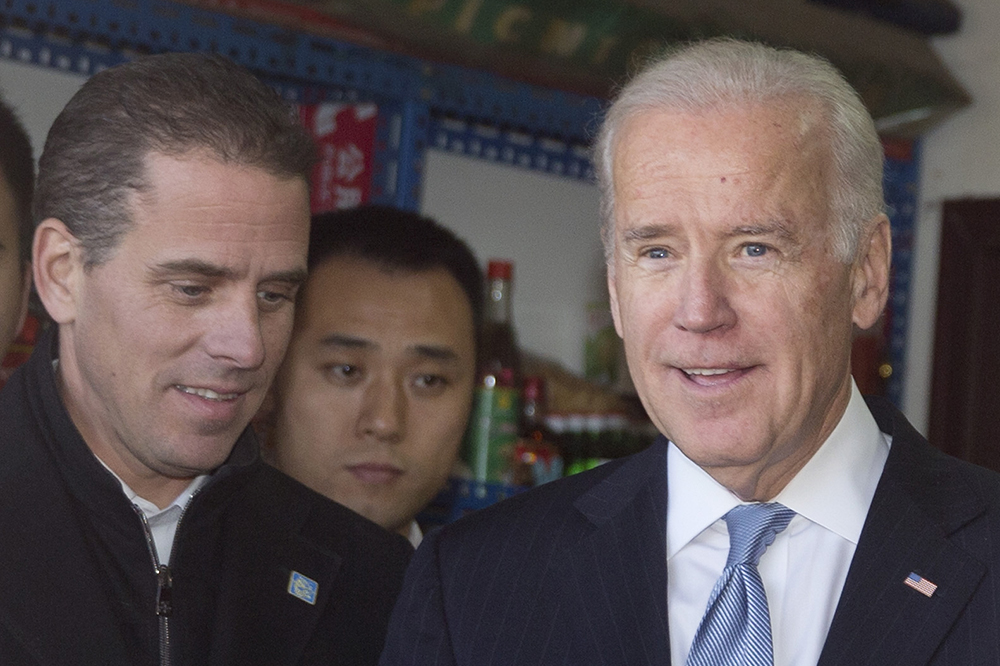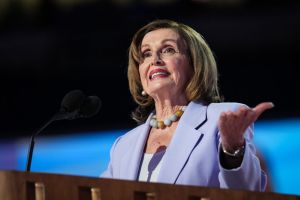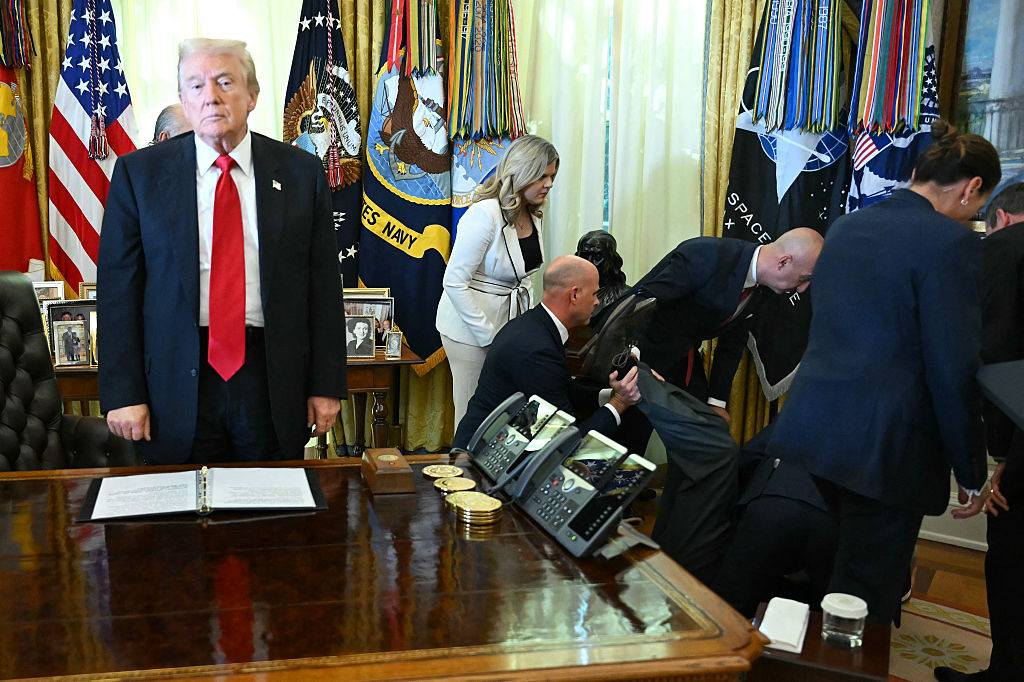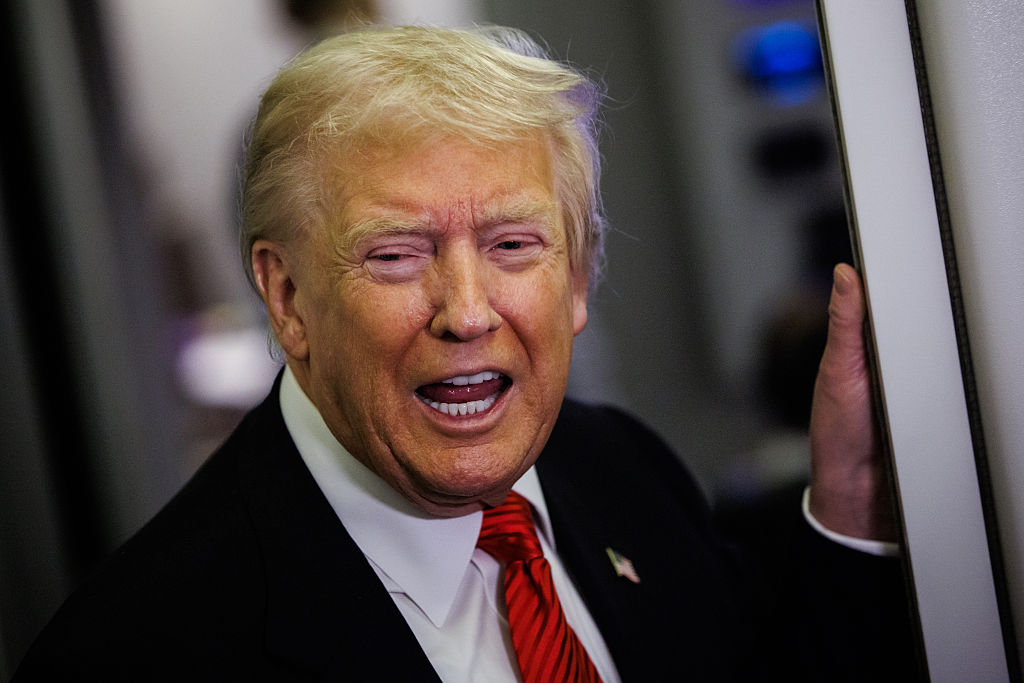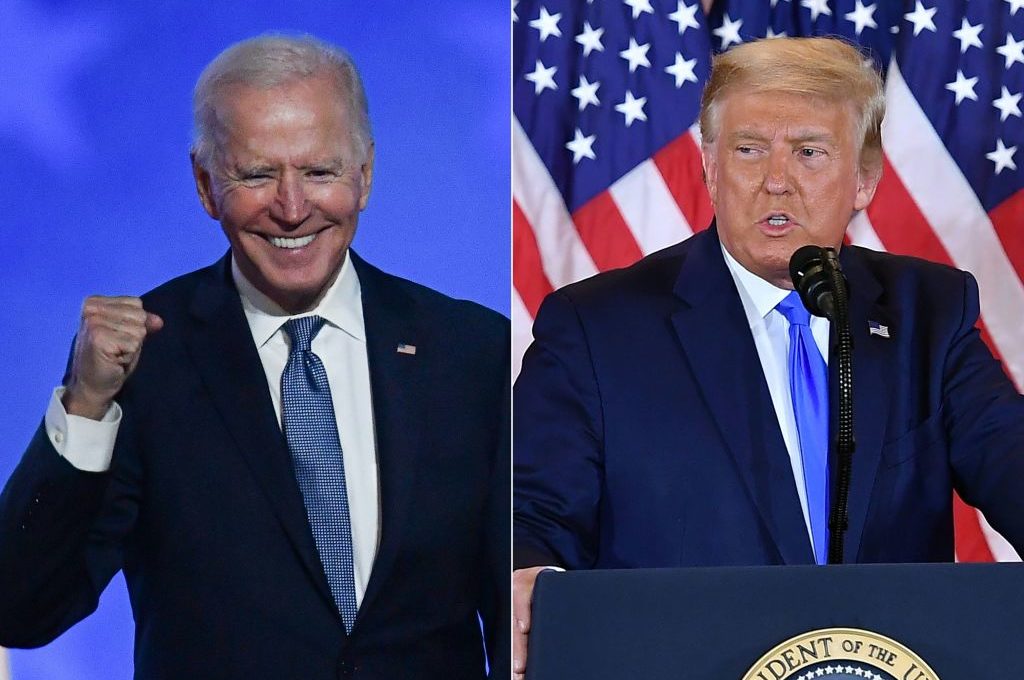Is Donald Trump going to be impeached? Nancy Pelosi is not giving herself much room to maneuver: once a Democratic-led committee of inquiry is assembled, its results are a foregone conclusion. It will recommend impeachment — to fail to do so would only strengthen the president and make Democrats look stupid on the eve of an election. As things are, Pelosi evidently found the pressure from within her party already too great to withstand: her sense of the political risks of impeachment was outweighed by her sense of the danger to her own position from continuing to resist it. So the die is cast.
Perhaps this tells us, too, that Joe Biden’s support for the Democratic nomination is dwindling behind the scenes. An impeachment effort that focuses on whether Trump was wrong to try to get Ukraine to investigate Hunter Biden will naturally enough have everyone asking just what the younger Biden’s business dealings were all about. In the short run, Joe Biden might elicit sympathy as an outraged parent — a card he’s played before, including when Obama was vetting him as a running mate — but how likely is it that Hunter’s record is so clean as to avoid embarrassment for his father? How long will it be before a rival squares the circle of supporting Trump’s impeachment while agreeing with Trump about the shadiness of the Bidens? Bernie Sanders could surely fold it into an attack on lobbying and international plutocratic corruption, yes?
To evaluate impeachment in terms of who’s up and who’s down is the only proper way to do it. Impeachment is an entirely political process, as the two past presidential impeachments — those of Andrew Johnson and Bill Clinton — amply demonstrate. But Clinton’s impeachment occurred after an election, one in which Republicans fared poorly even as momentum for impeachment was building: the public was given its say before going to the polls. The prospect of articles of impeachment being drafted and voted on in advance of an election is doubly hazardous. Yet the prize in prospect is irresistibly tempting to Democrats: Trump won’t be convicted and removed, but the Republican Senate just might be. If voters are inclined to remove Trump themselves, won’t they also remove senators who stand with him during impeachment?
But consider what the Democrats are asking for here: if the 2020 election is not just about Trump, but about whether there should be single-party government, the stakes may be too high for the more skittish members of the electorate. Single-party government is not unusual, but with both parties undergoing ideological and temperamental seizures, knowingly handing either of them the full power of the federal government is apt to seem a risky proposition. My guess is that voters are more comfortable with division.
Certainly no Democrat this cycle has the transformative charisma of Obama. And the Republican supremacy during Trump’s first two years was both accidental and nominal — Trump wasn’t expected to beat Hillary Clinton, and he wasn’t really a Republican. And if it’s true that Americans are tired of the excitement of the Trump era, will they really want the excitement of Democratic supremacy instead?
In short, the Democratic argument comes to: Biden’s son may be involved in questionable activities, but we must impeach Trump for trying to get Ukraine to investigate; impeachment will fail, but voters must reward us with the White House and Senate. And we promise Elizabeth Warren or Bernie Sanders, plus the Squad over in the House, won’t do anything crazy with all this power.
No — that doesn’t sound like a prescription for a return to normal.
America was sick enough of Bushes and Clintons three years ago that it chose Trump instead. As different as he was from Obama, the same chance to transcend the rigid politics of the last two decades was present in both men: they were new molds. The politics of a post-Trump 2021 look like a return to a predictably left-wing Democratic party and a merely oppositional GOP. If that’s what awaits after the next election, expect the election after that to be an opportunity for a figure more Trump-like than Trump. Democrats are so fixated on bringing Trump down that they continue to ignore why he was elected in the first place. Americans may want ‘normalcy’ (as Warren G. Harding called it), but they don’t want the old kind of left and right.
Mixed government under Trump — which is what comes about regardless of whether Republicans control Congress, given the president’s lack of orthodoxy — is a slow, gradual path to reform. The alternative is less likely to be a restoration of norms than to mean more upheaval. The Democrats’ impeachment strategy for the 2020 election is a dangerous gamble not only for themselves but for the country.



